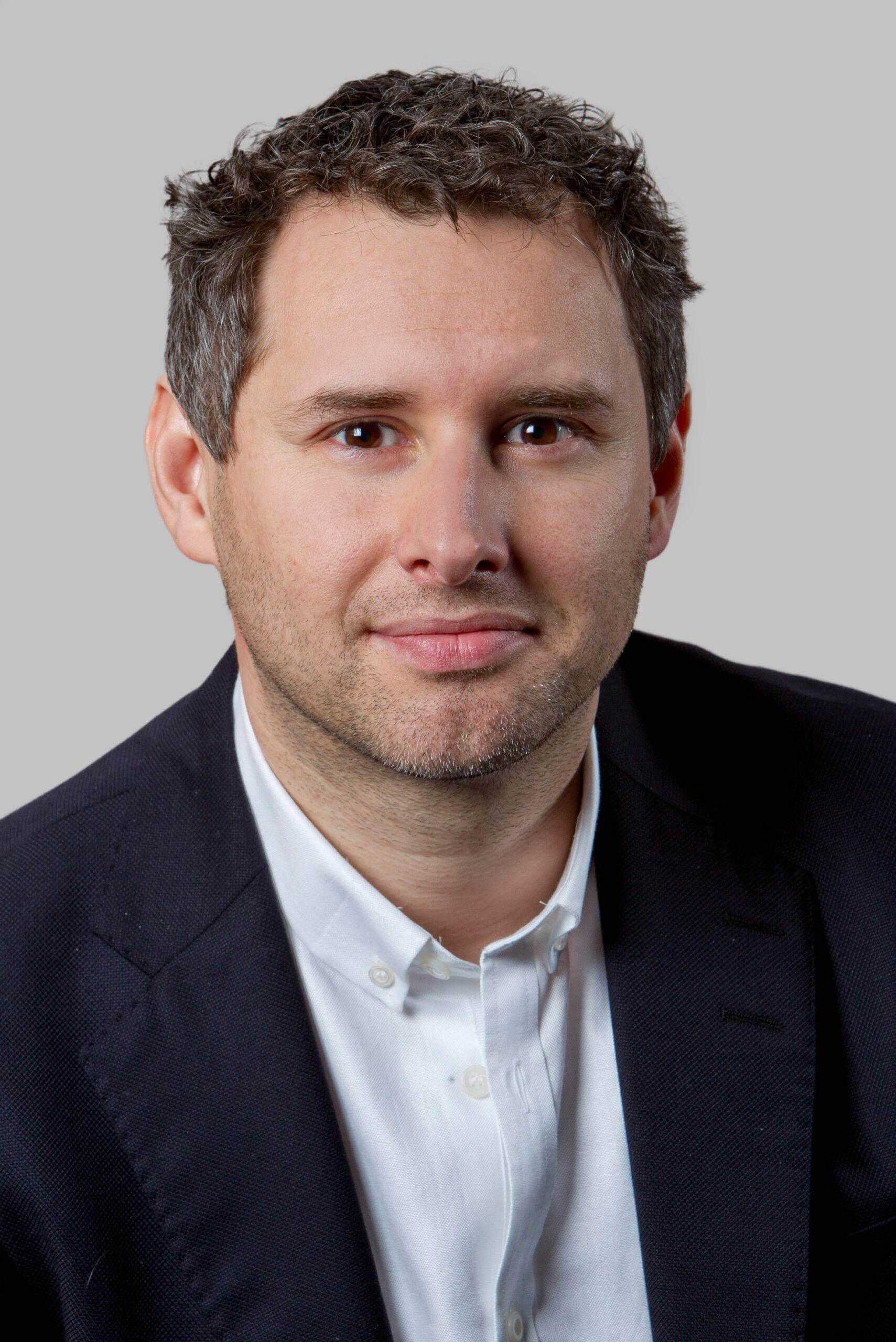Pierre Verlé from Carmignac is our Fund Manager of the Month

7 DEC, 2022
By Constanza Ramos

Pierre Verlé is head of corporate debt and fund manager. Verlé joined Carmignac in 2013 as a corporate debt analyst and was appointed head of corporate debt in 2015. He began his career in 2004 at Merrill Lynch Paris as an analyst in M&A and fixed income and equity markets. Mr. Verlé holds a degree in Engineering from the École Polytechnique and a Master's degree in Finance from the HEC. He is also a Chartered Financial Analyst, CFA (2006) and Chartered Alternative Investment Analyst, CAIA (2012).
When and how did you start your career in the financial industry? Was a role in the investment funds industry always attractive to you?
20 years ago I interviewed to become an intern at Goldman Sachs in its investment banking division.
I had been attracted by a role in the financial industry for a while. I was interested by corporate finance in particular but I wanted to keep my options open. I decided to start in a generalist position and quickly realized, mid-2005, there would be opportunities in distressed debt and that I could develop an expertise in a very interesting part of the investing world which was not too crowded.
What is the most exciting thing you have seen in the markets over your years of experience? And the least?
I love my job and find it exciting almost every day, but living through the great financial crisis of 2008 within a large US investment bank (with literally a direct view of Lehman Brothers) was fascinating: witnessing those events, seeing how people understood (or not) and reacted (or not).
The least exciting was probably the market environment leading to those events, in 2006.
What key principles drive your investment process and why?
We understand business models, capital structures and documentation, to estimate probabilities of defaults and losses in the event of a default. From that, you estimate a minimum cost of risk and you can select opportunities which pay much more than this estimated fundamental cost of risk. We’re not in the business of not taking risk, rather we’re in the business of taking risk for which we’re more than fairly compensated. This only works with diversification (not only at the issuer or borrower level but in terms of sectors, geographies, top line or cost drivers). You need to understand business models to understand how risks can be correlated.
We don’t try to time markets. Of course the level of risk in our portfolio fluctuates but we don’t adjust this based on a directional view of credit markets. Instead, we try to take more risk when we see risk as cheap, and less when we see risk priced expensively, as measured by the difference between the spreads and our estimations of the fundamental costs of risk.
How are you adapting your portfolio to the current situation of the markets?
We see attractive idiosyncratic opportunities which are numerous thanks to the dislocation experienced by credit markets in 2022. In terms of sectors we don’t want to be exposed to businesses depending on cheap energy, we’re actually long energy and energy services.
What type of companies do you like to include in your portfolio? Do you have any red lines when it comes to selecting an asset for your portfolio?
I never shut a door by principle, but I always ask myself whether a company needs to exist. Often you realize it doesn’t, sometimes it should not even exist, in which case it doesn’t have a place in a portfolio. That was a lesson from my boss 17 years ago and I think it’s an essential ESG investment principle.
How would you describe yourself in 3 words?
Credit value investor.
Credit is an extraordinary asset class for value investors; one where your returns don’t come from a change of market sentiment but from contractual payments.
Would you give any advice to anyone wanting to start a career in the asset management industry?
Do what you have a passion for, that’s the only way you can be really good in a competitive industry.


